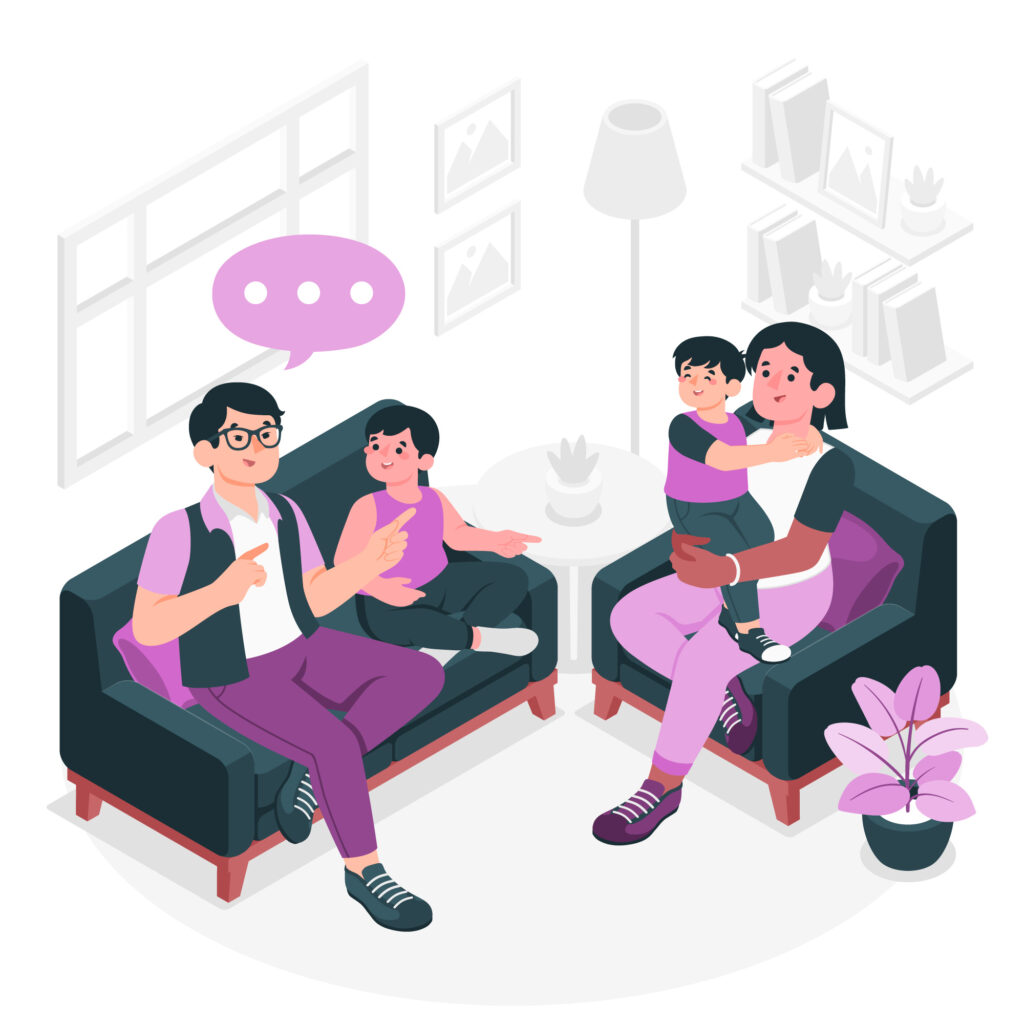Why Do Children Act Out and Can Their Behavior Be Improved?
In this article, we will explore the behavior of a mischievous child, its possible causes, and effective strategies for improvement.
To begin with, let’s first answer the question: Can a mischievous child’s behavior be changed?
In fact, the answer is yes, 75% of a child’s mischievous behavior can be changed without yelling or punishment.

So how can we redirect this behavior into positive energy?
Here are 5 effective steps based on scientific research:
1. Read the behavior as a message, not a threat
A study from the University of Michigan: Researchers found that children who feel emotionally accepted by their parents show a 38% decrease in disruptive behavior within just six months.
The solution: Ask yourself: “Does the child feel unheard? Unappreciated?”
2. Give them “direction-free” time
In reality a disruptive child doesn’t need more rules… Rather they need a break from the pressure of expectations.
The solution: Spend 15 minutes a day playing with them without giving instructions or corrections. Instead just enjoy their company.
3. Be clear and consistent with rules
A disruptive child constantly tests boundaries. When the rules are unclear or inconsistent, the testing will increase.
The solution: Set a simple rule, repeat it calmly, and stick to it without anger.
4. Reinforce positive behavior immediately
The human brain learns better from immediate reinforcement than from punishment.
The solution: When the child behaves calmly or cooperatively, praise them right away: “I loved how you spoke just now. That was amazing!”
See Also : Simple activities to encourage independence

5. Teach them to express emotions with words, not actions
Sometimes disruptive behavior is just feelings the child doesn’t know how to express.
The solution: Teach them to say things like “I’m upset” or “I need help” instead of yelling or acting out.
In the end: A disruptive child is a leader with tremendous energy… They don’t need punishment they just need someone who can understand their language, not suppress it.
After all every behavior carries a message… Do we have the wisdom to decode it instead of punishing it?







